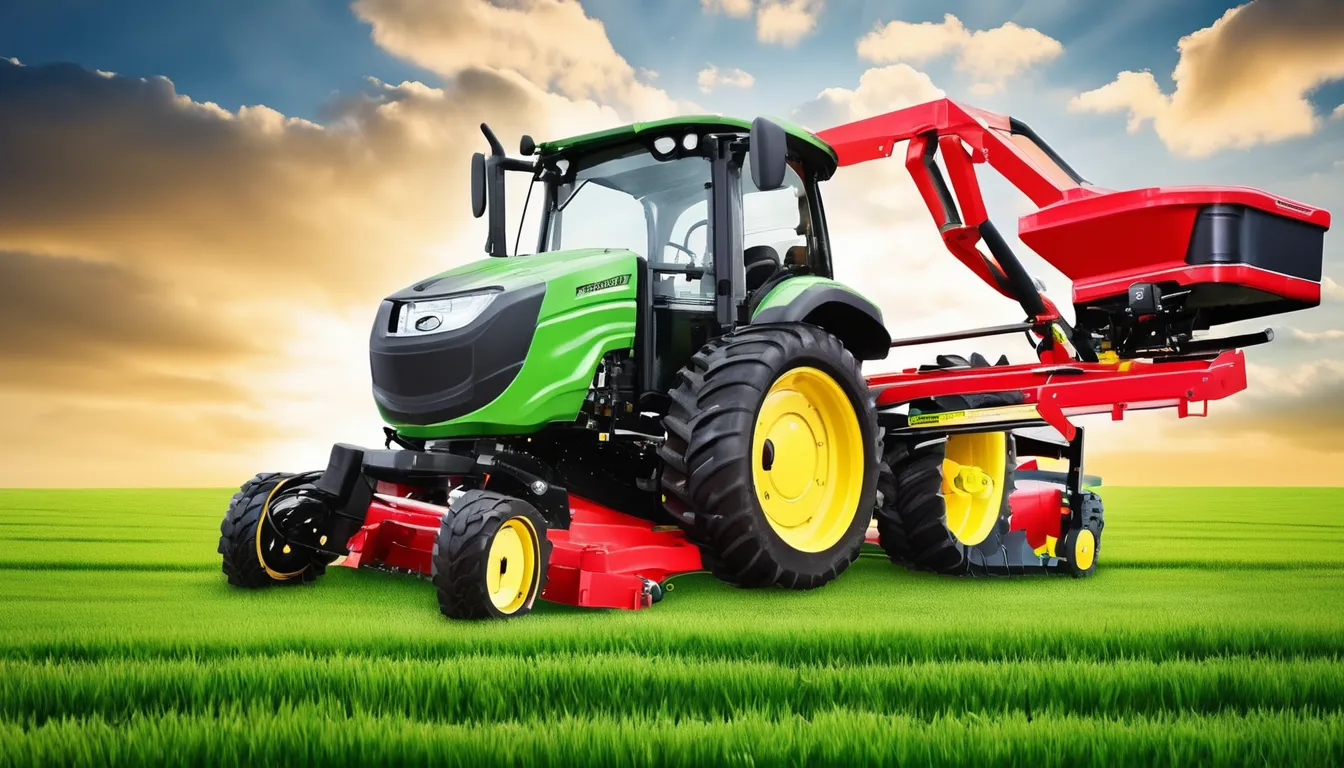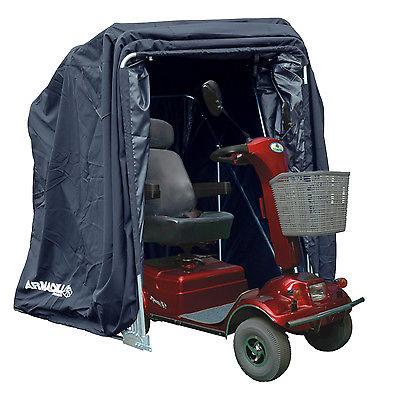In the realm of agricultural machinery teams, the path to seamless operations lies in a well-rounded approach that encompasses various facets of team dynamics. From the moment you step into the field, the decisions you make regarding equipment selection and task delegation can set the tone for your team’s success. But that’s just the beginning. As you navigate the intricacies of team coordination, maintenance, safety, and communication, each aspect plays a critical role in shaping your team’s efficiency and effectiveness. Are you ready to unlock the full potential of your agricultural machinery team?
Importance of Proper Equipment Selection
Selecting the right agricultural machinery is crucial for maximizing efficiency and productivity on the farm. Whether you’re managing a small family farm or a large commercial operation, having the appropriate equipment can make a significant difference in your overall success.
When choosing machinery, consider factors such as the size of your land, the type of crops you grow, and the specific tasks you need to accomplish. For example, if you have a large field to plow, a tractor with a powerful engine and the right attachments will save you time and effort.
On the other hand, if you’re focused on precision seeding in smaller plots, a specialized planter with advanced technology may be more suitable. By matching the equipment to your specific needs, you can work more efficiently, reduce downtime, and ultimately increase your yield.
Take the time to research and invest in the right machinery to set your farm up for success.
Effective Task Delegation Techniques
To efficiently manage your agricultural machinery teams, mastering effective task delegation techniques is essential. Delegating tasks involves assigning responsibilities to team members based on their skills and expertise. Start by clearly defining the objectives of the task and communicating expectations to your team.
Assess each team member’s strengths and weaknesses to assign tasks that align with their abilities. Provide clear instructions and guidelines to avoid confusion and ensure that everyone understands their role in the task. Regularly check in with your team to monitor progress and offer support or guidance when needed.
Encourage open communication to address any challenges or issues that may arise during the task. Recognize and appreciate the efforts of your team members to boost morale and motivation. By effectively delegating tasks, you can optimize productivity, utilize the skills of your team members efficiently, and achieve successful outcomes in your agricultural operations.
Strategies for Team Coordination
As your agricultural machinery teams work on delegated tasks, effective coordination becomes key to ensuring smooth operations and successful outcomes. To enhance team coordination, consider implementing the following strategies:
| Strategies | Description |
|---|---|
| Regular Communication | Encourage open communication channels to keep all team members informed about tasks, progress, and potential issues. |
| Defined Roles and Responsibilities | Clearly outline each team member’s role and responsibilities to avoid confusion and streamline workflow. |
| Establishing Clear Goals | Set specific, measurable goals for the team to work towards, providing clarity on what needs to be achieved. |
| Team Building Activities | Organize team-building exercises to foster a sense of unity, trust, and collaboration among team members. |
| Feedback and Adaptation | Regularly seek feedback from team members, analyze performance, and adapt strategies to improve team coordination. |
Maintenance and Safety Protocols
Three essential components for ensuring the smooth operation and longevity of agricultural machinery teams are maintenance and safety protocols. Regular maintenance is crucial in preventing breakdowns and ensuring optimal performance. This includes checking oil levels, inspecting belts and hoses for wear, and greasing moving parts. By following a maintenance schedule, you can address issues promptly and avoid costly repairs.
Safety protocols are equally important to protect both operators and bystanders. Always wear appropriate personal protective equipment, such as helmets, gloves, and safety goggles. Prioritize training on how to operate machinery safely and provide clear guidelines for emergency situations.
Regularly inspect safety features like seat belts, rollover protection structures, and warning lights to ensure they’re functioning correctly.
Lastly, establish a system for documenting maintenance and safety checks. Keeping detailed records allows you to track trends, identify recurring issues, and demonstrate compliance with regulations. By prioritizing maintenance and safety protocols, you can enhance the efficiency and safety of your agricultural machinery team.
Enhancing Team Communication Skills
Improving team communication skills is essential for the seamless operation of agricultural machinery teams. Effective communication ensures tasks are completed efficiently and safely. Here are some tips to enhance your team’s communication skills:
- Active Listening: Encourage team members to listen attentively to each other to foster better understanding.
- Clear Instructions: Provide concise and clear instructions to avoid confusion and errors during operations.
- Open Dialogue: Create an environment where team members feel comfortable expressing ideas and concerns openly.
- Use of Technology: Utilize communication tools like radios or messaging apps to stay connected across the field.
- Regular Meetings: Schedule regular team meetings to discuss progress, address issues, and improve overall communication within the team.
Frequently Asked Questions
How Can I Optimize Fuel Efficiency in Agricultural Machinery?
To optimize fuel efficiency in agricultural machinery, you should maintain proper tire pressure, service the engine regularly, avoid idling, use efficient driving techniques, and consider upgrading to newer models with advanced fuel-saving features for maximum efficiency.
What Are the Best Practices for Storing Equipment During Off-Season?
When storing equipment during the off-season, remember to clean it thoroughly, lubricate moving parts, store in a dry place, and cover to prevent dust buildup. Following these practices will help maintain your machinery’s condition.
Are There Specialized Training Programs for Agricultural Machinery Operators?
Yes, there are specialized training programs for agricultural machinery operators. These programs provide you with the skills and knowledge needed to operate various equipment safely and efficiently, improving productivity and reducing risks on the farm.
How Can I Prevent Theft of Expensive Agricultural Equipment?
To prevent theft of expensive agricultural equipment, always lock vehicles and store them in secure areas. Install GPS tracking devices and security cameras. Conduct regular inventory checks. Train employees on security protocols and report any suspicious activity to authorities immediately.
What Are the Legal Requirements for Operating Machinery on Public Roads?
To operate machinery on public roads, ensure compliance with legal requirements. Obtain necessary permits, adhere to speed limits, and display proper signage. Regularly maintain equipment to prevent accidents. Stay informed about any updates to regulations for safe operation.
Conclusion
In conclusion, by following the strategies outlined in this guide, you can ensure that your agricultural machinery team operates efficiently, safely, and effectively. Remember to select the right equipment, delegate tasks wisely, coordinate effectively, prioritize maintenance 農機具 safety, and improve communication within your team. By focusing on these key areas, you can optimize teamwork and achieve success in your agricultural operations. Good luck!






